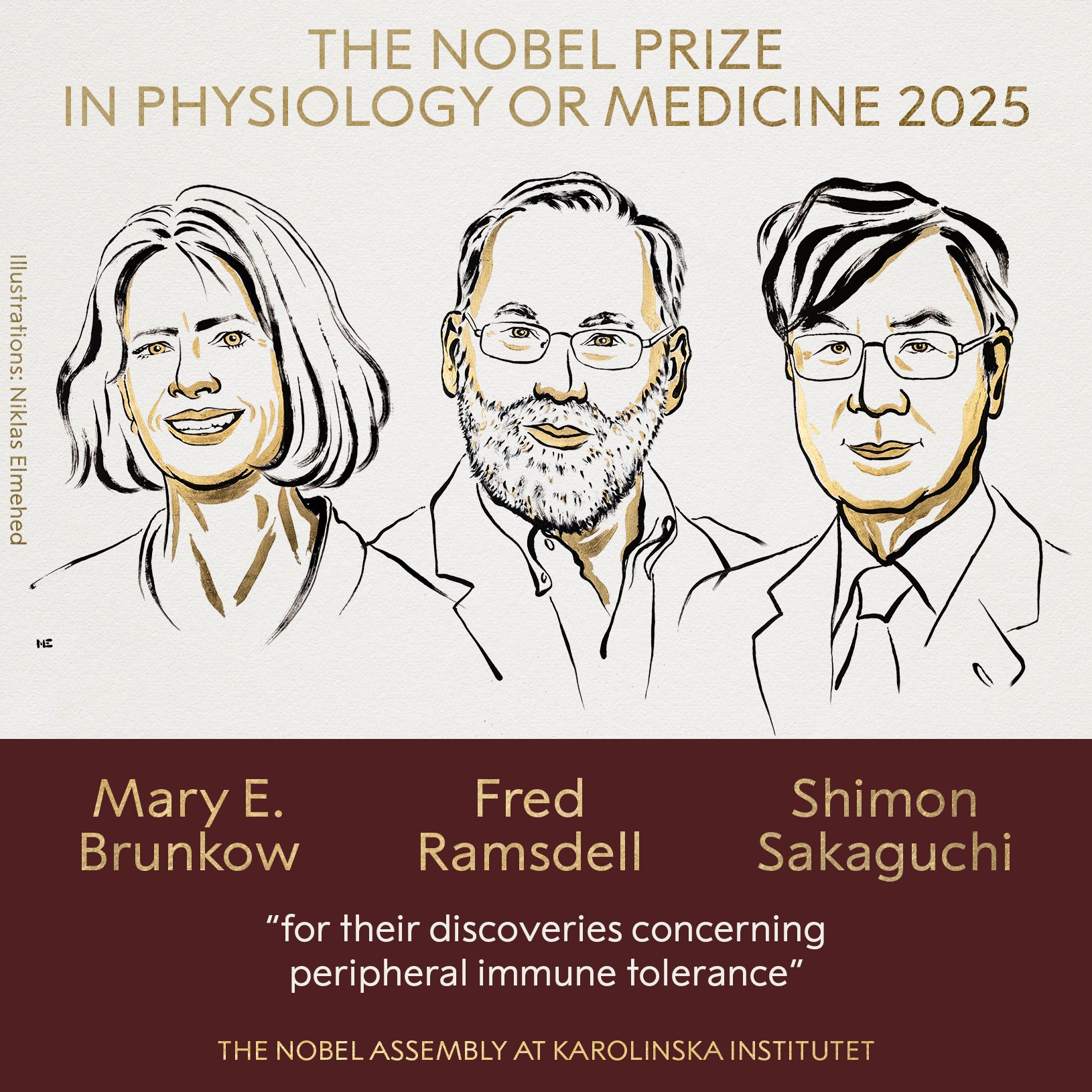Traditionally, insulin injections help manage the disease but do not cure it. But this discovery promises to reverse the damage by encouraging pancreatic beta cells to once again synthesize and release insulin in response to blood sugar levels.
The key lies in epigenetic reprogramming. To unlock the potential of pancreatic duct cells, which are descendants of stem cells, researchers used EZH2 inhibitors, which were originally intended to treat cancer. Normally these cells form the ductal lining of the pancreas, but under the influence of these drugs they transform into beta-like cells that can produce insulin.
And it worked: When stimulated with inhibitors for just 48 hours, cells from both young and adult diabetic donors responded by producing and secreting insulin in response to glucose, mimicking their healthy counterparts.
Although more research is needed, this discovery marks an important milestone in the fight against diabetes.
News materials cannot be equated with a doctor’s prescription. Consult an expert before making a decision.
Source: Ferra
I am a professional journalist and content creator with extensive experience writing for news websites. I currently work as an author at Gadget Onus, where I specialize in covering hot news topics. My written pieces have been published on some of the biggest media outlets around the world, including The Guardian and BBC News.












